On this World Environment Day, Zomato posted an advertisement that featured actor Aditya Lakhia as ‘Kachra’ in the 2001 Bollywood film Lagaan. In the movie, Aditya Lakhia was a disabled villager who was referred to as ‘Kachra’ meaning garbage in the movie. However, at the climax of the movie, his character played a pivotal role in helping his team win the cricket match against the British.
The brand, Zomato, in an attempt to advertise their voluntary recycling initiative, objectified the actor and made him do the dehumanising menial labour in the ad with the tagline ‘Kachra khelenge’.
The character of Kachra, belonging to the Dalit community, was portrayed through a dehumanising Savarna lens in the movie Lagaan in 2001. The character of Aditya Lakhia who played the so-called ‘Kachra’ was not even accorded a proper name. Over the span of 2 minutes of advertisement, the narrative strips actor Aditya Lakhia of his humanity and turns him into various household objects that cater to Zomato’s Savarna clientele.
The character of Kachra, belonging to the Dalit community, was portrayed through a dehumanising Savarna lens in the movie Lagaan in 2001. The character of Aditya Lakhia who played the so-called “Kachra” was not even accorded a proper name. If any human value was attached to him, that was only after he showed the rest of the Savarna villagers what he can offer to them. Over the span of 2 minutes of advertisement, the narrative strips actor Aditya Lakhia of his humanity and turns him into various household objects that cater to Zomato’s Savarna clientele. He is portrayed as a lamp, paper, paperweight, watering can, and different types of jackets while how much waste goes into making each item appears on the screen.
The advertisement also retains the dehumanising and objectifying tone and treatment of Lagaan and adds another layer of sheer insensitivity to it. While the advertisement aimed at drawing attention to how much food waste is usually generated and the ethos of recycling, it completely missed the mark through its tone-deaf, casteist portrayal of the marginalised community.
As soon as the advertisement aired on 5th June, people took to social media to call out the casteism inherent in it. Netizens called for #boycottzomato which started trending on Twitter.
Bollywood filmmaker Neeraj Ghaywan, known for his films Masaan, and Ajeeb Daastaan, called out Zomato for putting out a repulsive casteist advertisement. He tweeted, “Kachra from Lagaan was one of the most dehumanised voiceless depictions of Dalits ever in cinema.” In an attempt to control the damage and negative publicity, Zomato has promptly taken down the feature ad from all its social media pages.
Bollywood filmmaker Neeraj Ghaywan, known for his films Masaan, and Ajeeb Daastaan, called out Zomato for putting out a repulsive casteist advertisement. He tweeted, “Kachra from Lagaan was one of the most dehumanised voiceless depictions of Dalits ever in cinema.” In an attempt to control the damage and negative publicity, Zomato has promptly taken down the advertisement from all its social media pages. The company has also addressed the criticism by issuing a public apology.
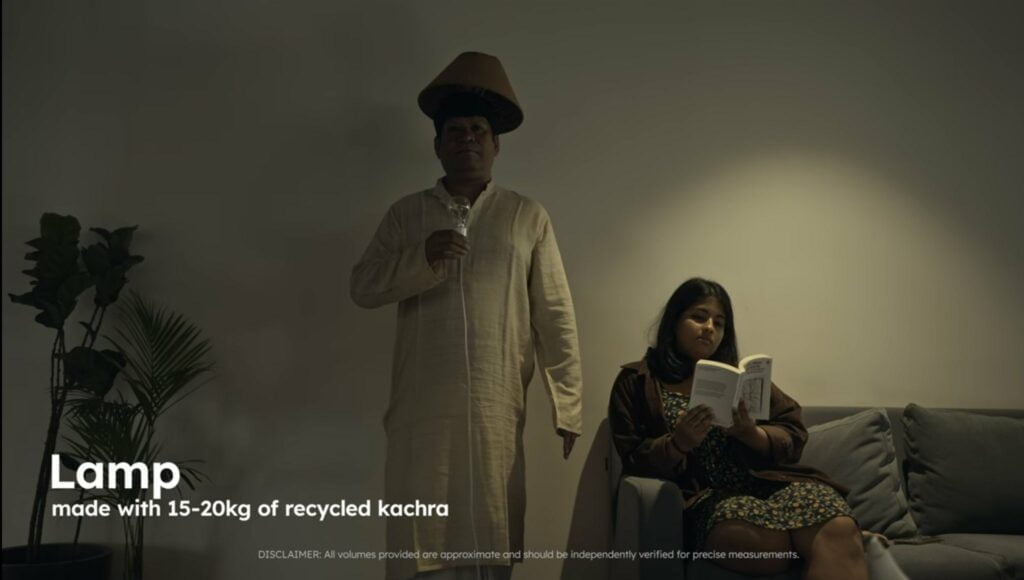
“Unintentionally, we may have hurt the sentiments of certain communities and individuals. We have taken down the video,” the company said. Following the backlash that the company received, the National Commission for Scheduled Castes has said that they will investigate the matter. Meanwhile, they have served a notice to the founder of Zomato, Deepinder Goyal.
The notice read, “In case the commission does not receive a reply from you within the stipulated time, the commission may issue summons for your appearance in court, aiming at the founder of Zomato.
Radha Khan has also called out the harmful implications of the ad while writing for The Indian Express. She wrote, “Using a character who is a Dalit and showing him to be made from actual waste is extremely problematic and insensitive.”
She further went on to reiterate that, “to depict a person as being recycled trash “rescued” from the dung heap to be used as utility “objects” dehumanises him. It shows how corporate boardrooms and ad agencies have no diversity in their staff and are completely dominated by upper castes who have little or no understanding of how to perceive and depict those who are from marginalised and socially-ostracised groups.”
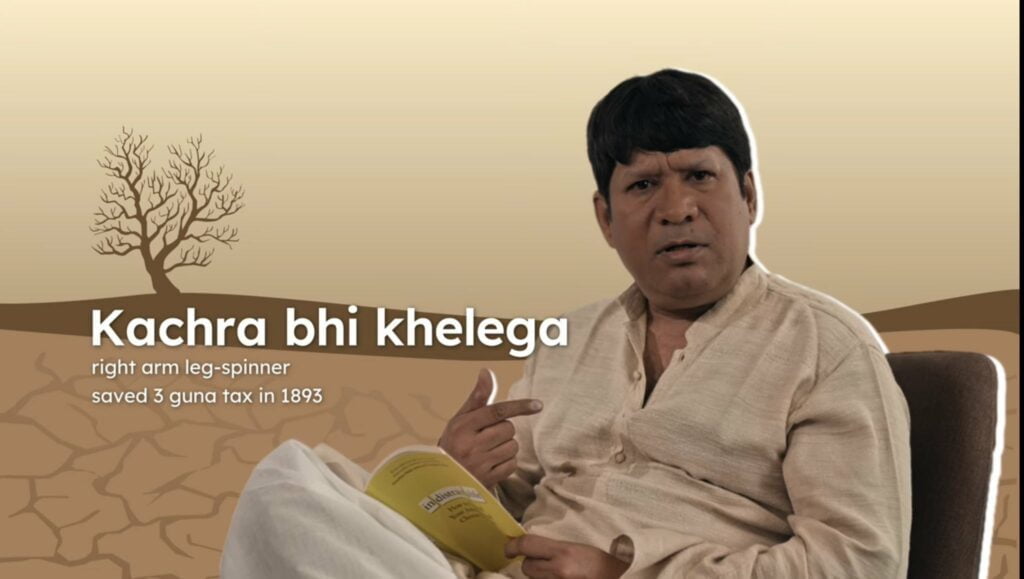
This is not the first time Zomato has faced public backlash for promoting problematic notions in its advertisement campaigns. In 2017, Zomato led an outdoor ad campaign in metro cities of India such as Delhi, Bengaluru, and Mumbai where food items such as Butter Chicken, and Mac-n-Cheese were referred to as ‘BC, MC’ which colloquially relates to gendered slang in Hindi.
Companies like Zomato rarely suffer any real damage for promoting such harmful ethos under their insensitive advertisement campaigns. They are often let off with an apology and once again their business resumes. Even in PR-tailored corporate apologies, the real issues and the harmful impact these ads create are never addressed. It speaks of a dominant Savarna culture that pervades the higher hierarchy of corporate culture.
Companies like Zomato rarely suffer any real damage for promoting such harmful ethos under their insensitive advertisement campaigns. They are often let off with an apology and once again their business resumes. Even in PR-tailored corporate apologies, the real issues and the harmful impact these ads create are never addressed. It speaks of a dominant Savarna culture that pervades the higher hierarchy of corporate culture. Such advertisements echo the dominant upper caste attitude towards marginalised communities and how they are viewed in society. It also reveals a lack of diversity or any voice representative of marginalised communities within such places.
Indian media has time and again witnessed brands continuing with booming business despite having participated in harmful stereotypes and cultures towards marginalised communities of India. Social media trends, boycotts, or surface-level activism might hold such brands accountable for the time being.
However, the very transient nature of public anger allows these brands to redeem themselves through a few words of apology and a few months of laying low. This is possible arm-chair activism of such nature from the emerging group of the ‘woke-Savarna’ population on social media only extends as long as they feel they need to do to resolve their Upper caste guilt.
Thus, it does not translate into any real change. Any real change in this regard can only come from amplifying the voices of the Dalit community rather than drowning it out in the clamour of temporary social media activism of privileged Savarnas.
About the author(s)
Debabratee (she/they) is a student of English Literature at Jadavpur University. When they are not found reading or writing, they are found running after their pet dog and cuddling with him. They are avid binge-watcher of all kinds of OTT content and like to dissect and analyse them in their free time.
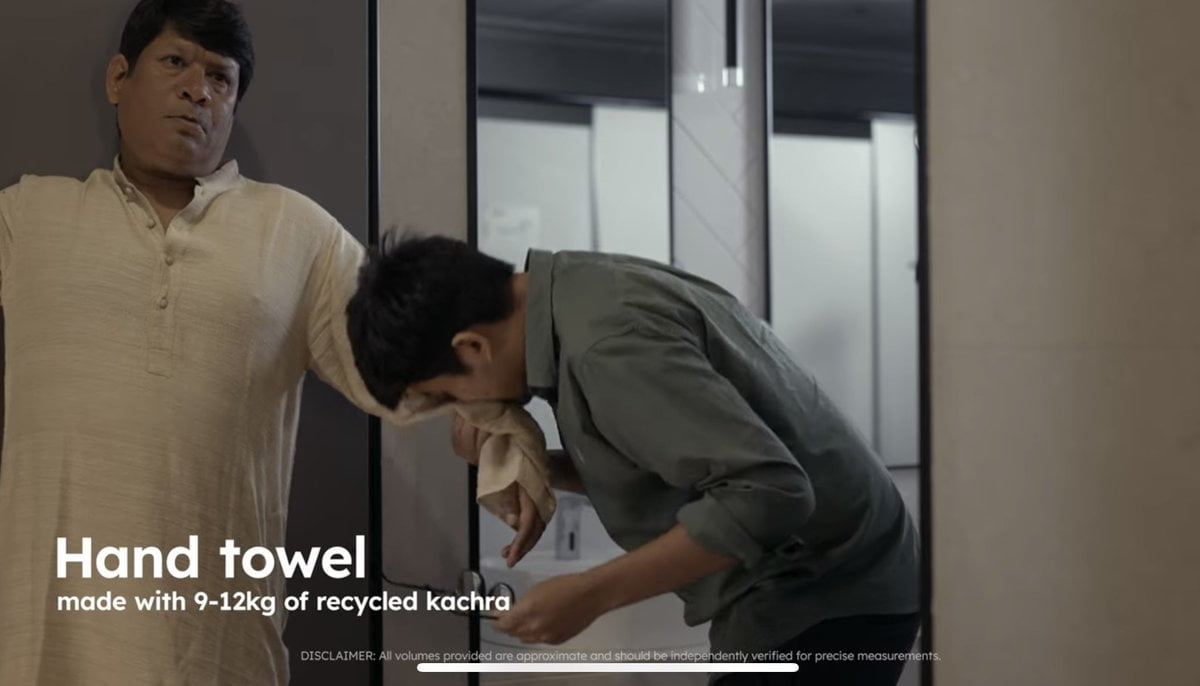
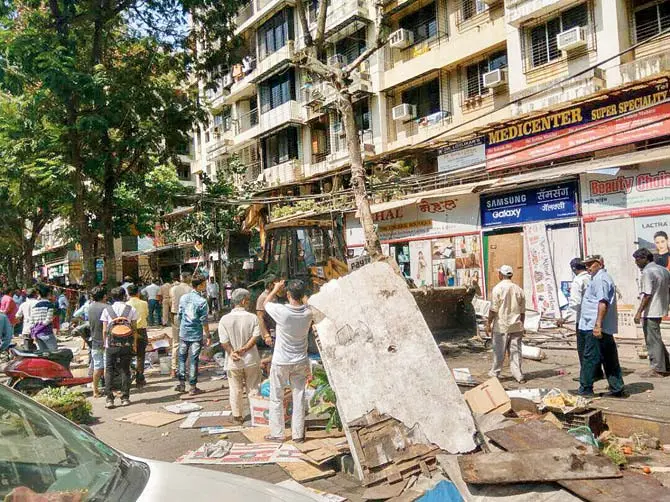
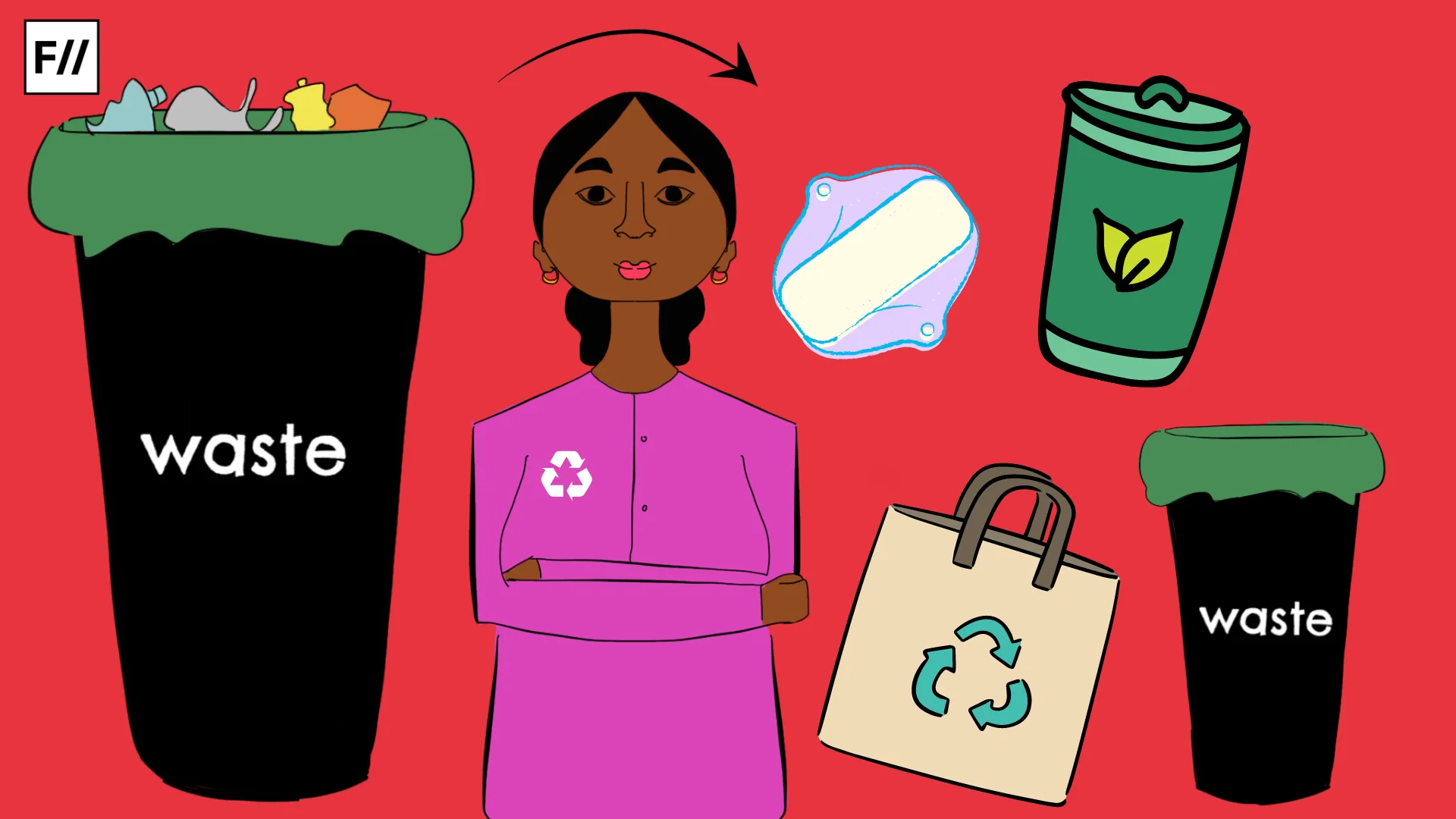


Comments:
Comments are closed.